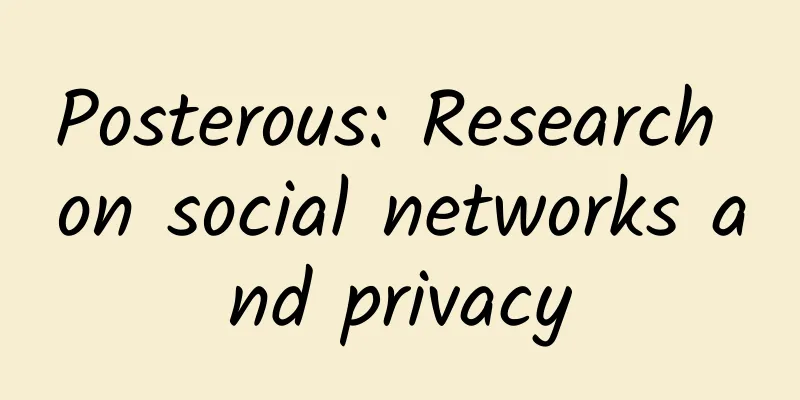What are the consequences of ovarian and hysterectomy?

|
If you suffer from some uterine diseases or ovarian diseases, then when you treat yourself, you may use ovarian hysterectomy to get timely treatment. Removing the uterus can improve the disease and allow the disease to be treated better. Therefore, you must remove the uterus in time. However, after removing the uterus, many people are still worried that this will affect fertility and cause infertility, which has a great impact on the future. So what will be the impact of ovarian hysterectomy? Ovaries can be removed unilaterally or bilaterally, and the fallopian tubes can also be removed at the same time. When both ovaries are removed, the uterus is often removed at the same time. The most common reasons for oophorectomy include: ectopic pregnancy, endometriosis, benign or malignant tumors or cysts growing on the ovaries, and pelvic infection. Enlarged ovaries after menopause may be cancerous and need to be checked as soon as possible. If one ovary is removed and the uterus is preserved, the patient will still be fertile and have menstrual periods. Bilateral oophorectomy results in surgical menopause. Even if one or both ovaries are retained, the patient may experience symptoms of decreased hormone production due to decreased blood supply to the ovaries. Many surgeons routinely remove the ovaries when they perform a hysterectomy on women older than about 45, regardless of whether the ovaries are diseased. This has been one of the most debated issues in gynecology for decades. Doctors who support simultaneous ovarian removal with hysterectomy believe that ovarian removal prevents the development of ovarian cancer in the future. Among women over 40 years old, the incidence of ovarian cancer is 1%, while the cure rate is only 10% to 20%. On the other hand, studies have shown that the actual risk of developing ovarian cancer after a hysterectomy is small (about 1%). Some doctors believe that the risk of cancer is insignificant compared to the risk that would result from loss of ovarian function. Conditions such as circulatory system diseases, premature osteoporosis, and sudden menopause increase the difficulty of estrogen replacement therapy. Ovariectomy affects hormone balance in both postmenopausal and premenopausal women because the ovaries normally continue to secrete some amount of hormones after menopause. After the ovaries and hysterectomy, the impact is generally not significant. However, this requires deciding whether to remove the general uterus or both sides of the uterus based on fertility issues and requirements. If you are infertile, you can choose to remove both sides of the uterus when removing the uterus. If you want to have children, then there is still hope of pregnancy by removing half of the uterus. It is recommended that you receive symptomatic treatment based on your symptoms. |
<<: What causes uterine dysplasia?
>>: What are the effects of ovarian removal?
Recommend
How many days does ectopic pregnancy bleeding last?
Ectopic pregnancy is an abnormal pregnancy. It ca...
Physical reactions a few days before the birth of the second child
What are the signs that the second child is about...
Data Analysis: How Smartphones and Mobile Apps Have Changed the World
Foreign media has produced several easy-to-unders...
What are the symptoms of cervical cerclage failure?
Women who have undergone cervical cerclage need t...
What is local vaginal itching?
Society now has higher and higher demands on wome...
Chinese medicine for female urinary tract infection
Our body needs a lot of water every day to mainta...
Does HPV positive pregnancy have any effect on the fetus?
HPV, whose full Chinese name is human papillomavi...
Can I have a painless abortion after 70 days?
There may be some female friends who don’t know t...
Four reasons why women choose to masturbate, men don't read
Both men and women will masturbate in their lives...
How to choose a household gas stove? What are the tips for repairing and maintaining a gas stove?
The oil stains produced by the gas stove after us...
How long is normal bleeding after medical abortion?
Medical abortion is a type of abortion surgery, w...
Causes of sleepiness during late pregnancy
In daily life, many women who are pregnant are pr...
Can I have abortion at 55 days of pregnancy?
Nowadays, with the increasing pressure of people&...
Do raw potatoes really remove stretch marks?
Stretch marks are not unfamiliar to many women. A...









